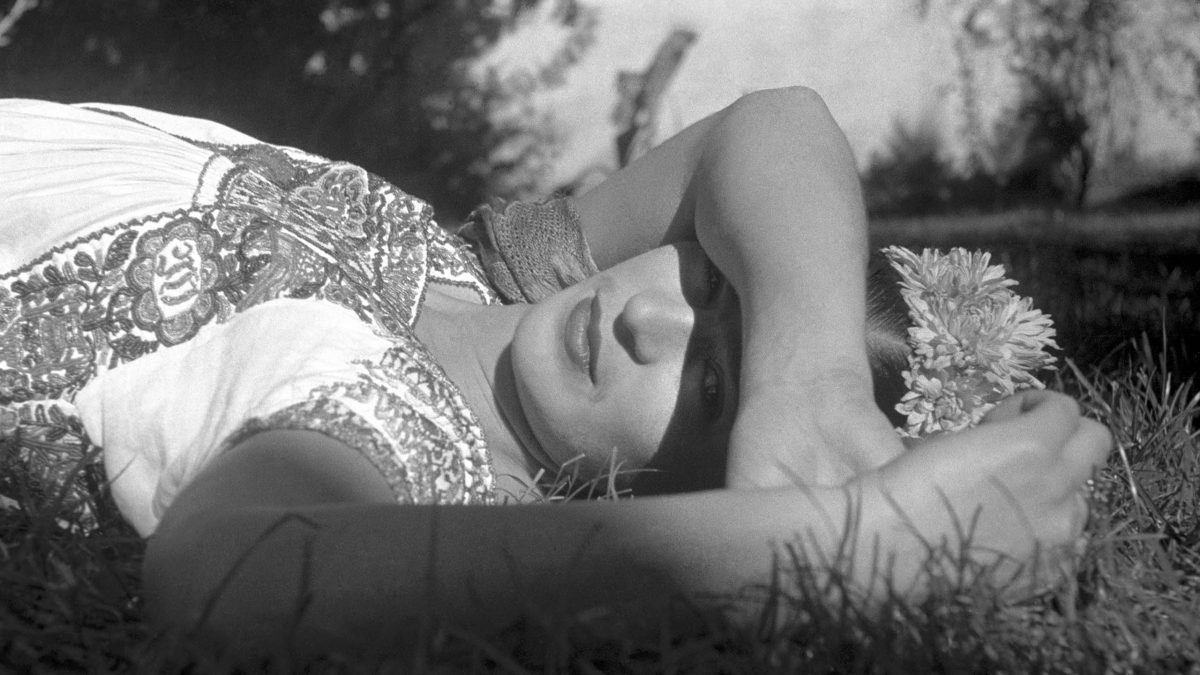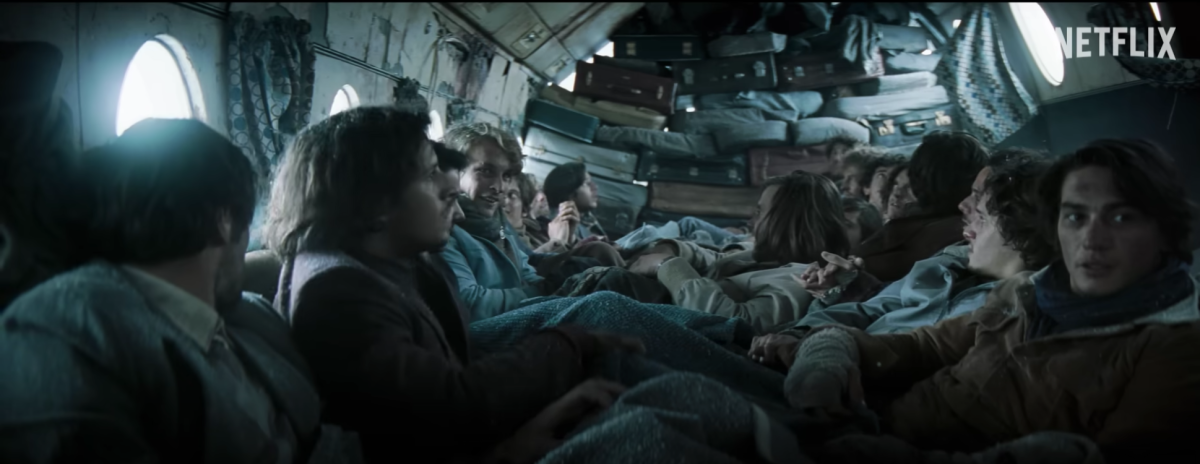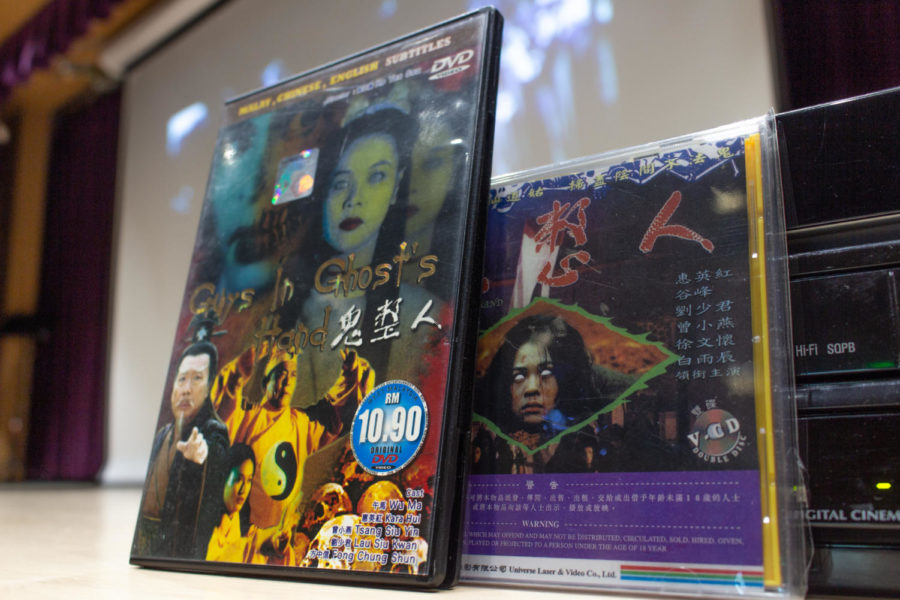Many musicals-turned-movies can get overlooked, and the most praise certain productions get is the opportunity for a few songs of their soundtracks to be revised on an episode of “Glee.” However, the recent movie adaption of the musical “Les Miserabl
es” sent patrons throwing $17.5 million at the box office to spend on Christmas, engrossed in the story of a little French orphan girl who ends up in the custody of a running ex-convict during one of the bloodiest revolutionary times in France’s history.
While the story of “The Miserable Ones” may have seemed like an odd choice of Yuletide entertainment, the book, published back in 1862, and the English-adapted Broadway musical that the film was molded after has obviously had enough of its own reputation to draw in large audiences.
I have seen both the stage production and the movie, and though I have my own pros and cons for both versions, there are a few undeniable factors for why “Les Miserables” managed to be successful, and why attempts like this are sure to be mimicked within the film industry in the future.
Also, what makes this film production a high draw is the sweet siren call of an all-star cast. Movie actors crossing the gap into Broadway realms has a shaky success rate with some audiences, unless the actor was in musical theater from their early training. Still, this may be what brought a majority of the audience to the theaters in the first place. You see these actors belting out in the trailers and think, “Hugh Jackman? Anne Hathaway? Singing? I have got to see this.” Others may also be enticed by the possibility of merely having something to ridicule; since “Les Miserables” already has such an iconic following, such followers may have already ruled in their minds that any attempt a mere red-carpet-walker could make is going to be subpar.
Now, once you get the audience through the doors, you have to keep them there, riveted, and some might estimate this as a difficult task, considering that “Les Mis” is a borderline-opera with less than five minutes of dialogue existing within the 157-minute film. I personally find it hard to connect to some musical movies, because in the back of my mind, I know this heartfelt song I’m watching has been pre-recorded and blocked and is currently being pantomimed. However, “Les Miserables” was made with the rarely used directing choice of filming everything live, the actors’ vocals included. While some celebrities’ voices in the film may have paled a bit in comparison to a big-ticket belter, this filming choice gave the audience a chance to be drawn in emotionally by the scene. It’s like watching a live stage production, but close up and in high definition and color. I can guarantee that other Broadway-turned-Hollywood productions are going to mimic this filming process in hopes of seeing the same success “Les Mis” did.
Finally, the overall plot of “Les Miserables” is captivating, controversial and screams out themes that reflect sociopolitical issues every society may face, especially in today’s age. The old war fought between the blue bloods and red-blooded is what our own nation was founded on. Separation of the classes has made itself a blatantly more evident topic as the recent elections stirred up the cage fight that Team Republican and Team Democrat has had going for decades. There are characters that reflect each side of the spectrum, such as the protagonist Jean Valjean. He is an overly trialed convict beaten down by “the system” and is opportunely given a grace handout that helps him change his life and his class status, but he is still being persecuted by the laws that named him a stereotypical, black-and-white criminal.
Then there is the antagonist Javert, a radical enthusiast of all things “The Law,” who has a purist idea that a criminal will always be a criminal, and no mercy should be mandated to those who did not justly pull themselves out of the proverbial hole their life was, since he himself had been able to do so through hard work and dedication. It’s the old cat-and-mouse game of Liberal vs. Conservative that has been going on for centuries, and Victor Hugo translated it for the masses through a handy little tool called “creative symbolism.”
Subconsciously, this may have been one of the reasons people were rushing to hear the people sing and dream colorful dreams of their own about the utopian society the world is never going to be. This movie speaks out to their instincts of rebellion, and maybe somehow entices them to raise barricades of their own against the greatest obstacles in their lives that continually threaten to repress them.



















